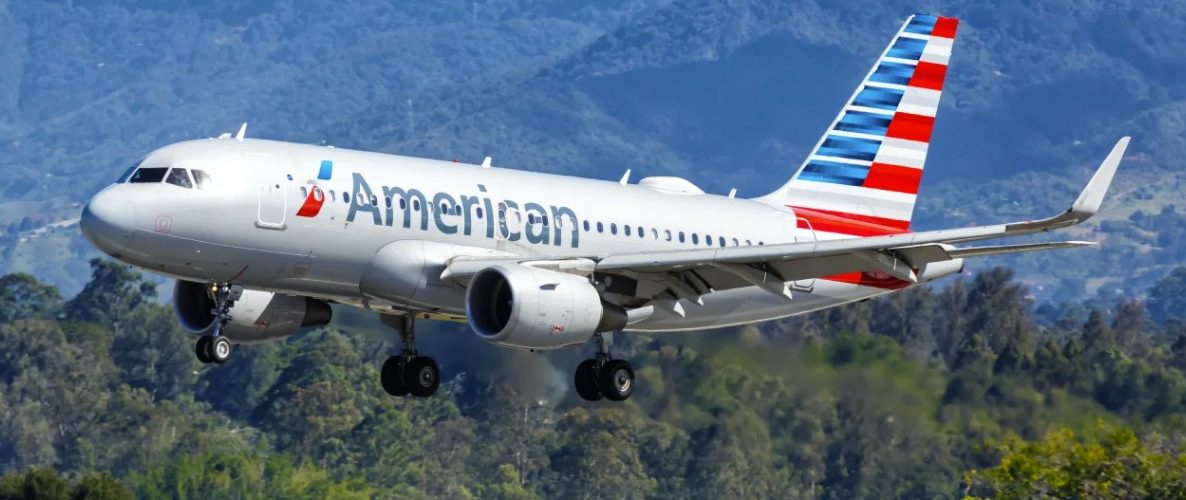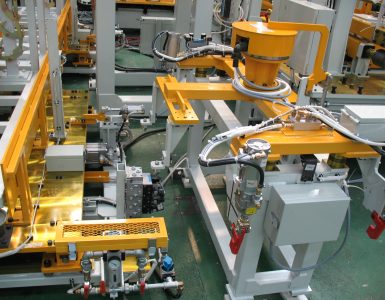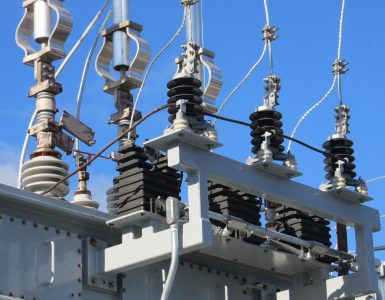Airlines and other segments of the aerospace industry are working hard to reduce their carbon emissions by adopting new technology and fuel blends, which were on display at last month’s Paris Air Show.
Speaking about his attendance at the show, Danny Seiden, the president and CEO of the Arizona Chamber of Commerce & Industry, said that he was able to learn a lot about what airlines and aerospace companies are doing to be more sustainable.
“You get the opportunity to spot the trends and so many meetings that we had were about SAF production, or sustainable aviation fuel,” Seiden said. “Who’s manufacturing it? What states are offering incentives to become a production hub? What’s the federal government going to do to encourage the adoption of hydrogen, for example? The entire industry is working through these questions.”
American Airlines, which maintains a hub at Phoenix Sky Harbor Airport, doubled its annual usage of SAF last year and has a total commitment of using more than 650 million gallons in low-carbon fuel. Southwest Airlines, which also has a significant presence at Sky Harbor, has set a goal of net zero carbon emissions by 2050, with a 50% reduction by 2035.
These airlines are also replacing their older and less fuel-efficient aircraft, with American operating the youngest fleet among U.S. network carriers. These newer models, designed by manufacturers like Boeing, use improved materials, aerodynamics, and engines to reduce their carbon footprint.
Seiden said the aerospace industry is making investments to create sustainable options that can reduce carbon emissions now while they work toward their long-term net zero goals.
“The technology is always evolving and, if you want to be in the global market for air travel or aerospace defense, there is now a commitment to carbon reduction,” Seiden said. “Every aerospace manufacturer now is looking at incorporating electric batteries. In order to do that, you need something to bridge the gap, like using SAF. It’s a win-win. Technology has created a mixture of fuel that reduces carbon but at the same time it serves as a bridge while we are waiting for the rest of technology to catch up.”
Seiden noted that Arizona’s delegation to the Paris Air Show was able to meet with U.S. Deputy Secretary of Commerce Don Graves. Seiden stressed the importance of responding to market demands to reduce carbon emissions and felt confident that state leaders were able to show at the event that Arizona is becoming a leading hub for clean energy.
“These things matter,” Seiden said. “We have a commitment to the future of electric travel and carbon reduction. The market is requiring us to focus on clean energy and there are steps the state can take to move itself into a competitive position.”
















Add comment